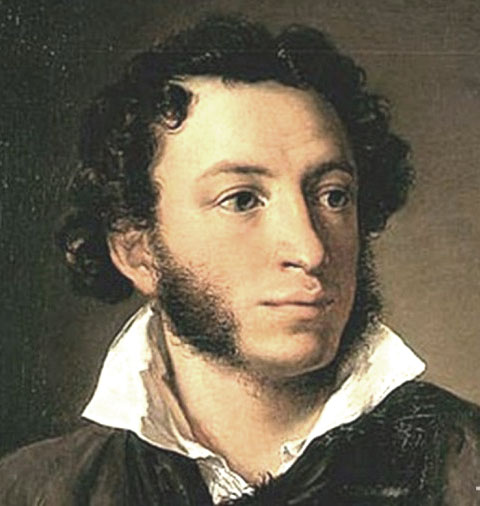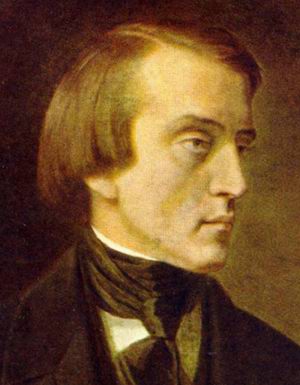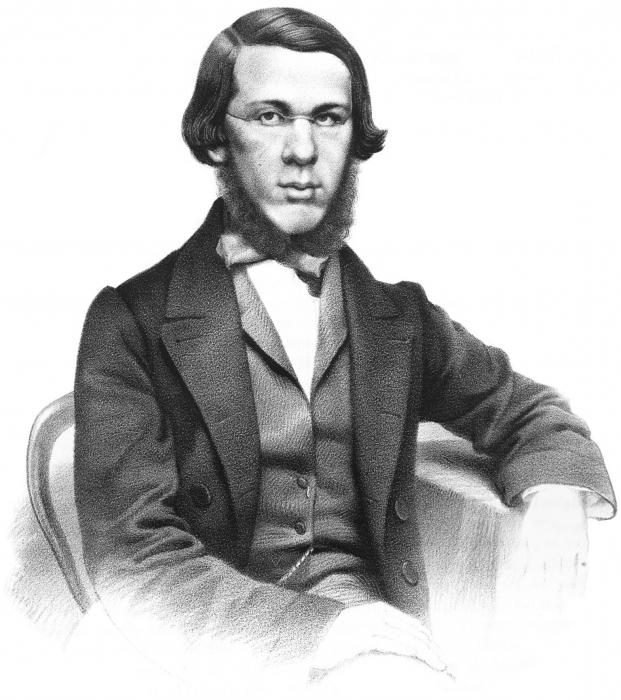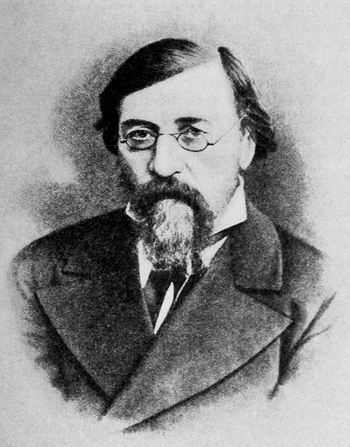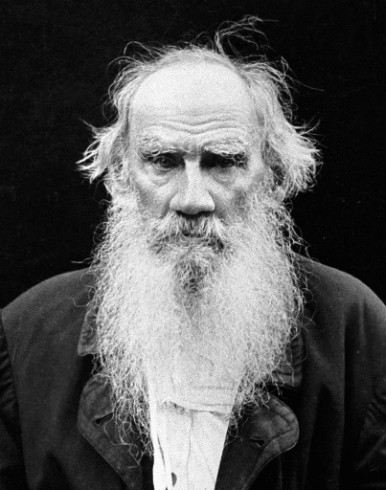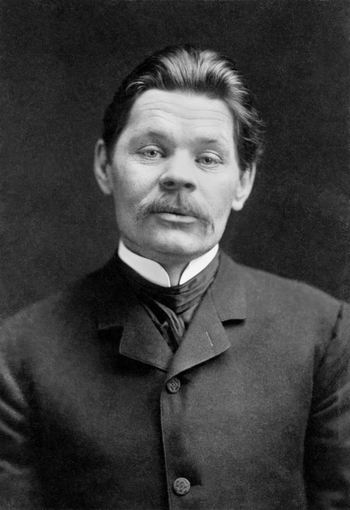Russian Idioms, Proverbs and Sayings
If you’re trying to find Russian idioms, proverbs or sayings you’ve come to the right place! Learn the following to take another step to the mastery of the language!
Proverbs and sayings are a crucial part of any language. And not just the language, they are an important part of culture and history. Knowing some of them will not only allow you to be better at expressing your thoughts and feelings, but it’ll allow you to feel the language and the wisdom of the Russian nation, the wisdom of many generations.
Russian sayings and proverbs are linguistic expressions of folk wisdom accumulated by generations of Russian people and borrowed from ancient foreign sources.
Old Proverbs
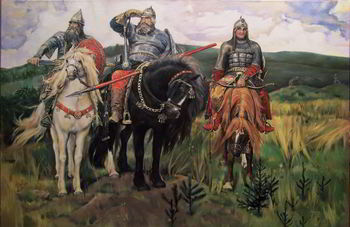
Many pieces of Old Russian literature contain numerous proverbs, for example The Tale of Igor’s Campaign (XII century), Praying of Daniel the Immured (XIII century), etc. Later on proverbs were codified and published in special almanacs starting from the 17th century.
Many proverbs originate from Russian folklore, quite a few originated from various ancient historic and religious sources. Some writers coined a number of proverbs, which have become an inalienable part of the language, for example “Woe from Wit” by Aleksandr Griboyedov, Ivan Krylov’s fables, and others.
A proverb will last for ages

Russian proverbs reflect the national folk wit and experience. Only the folk was able to create nearly perfect linguistic expressions of its knowledge. They may often seem rather simple and understandable, but don’t be confused. They hold so much information, that sometimes it is very hard to comprehend.
Various proverbs and sayings have been a part of our language for way too long to remember, and they survived through ages and generations and are still as vivid and alive as ever. However some proverbs have ceased to exist, for example those, connected with the famous October revolution. The structure of many proverbs changes with time, but the meaning remains.
The best proverbs collected by the best authors
Russia classics are widely known as collectors of proverbs. I think the name is pretty self-explanatory. They collected and recorded proverbs. Thanks to them we know so many of them. One of such tireless collectors was the famous Russian poet Alexander Sergeevich Pushkin – the pinnacle of the golden era. In his article “Ancient Proverbs and Sayings” Alexander Sergeevich provided detailed analysis of numerous Russian proverbs from different sources. He explained their meaning, context and origin.
Such literary figures as Vissarion Belinsky, Nikolay Chernyshevsky, Nikolay Dobrolyubov were also folk-wisdom aficionados to a certain extent. Dobrolyubov embarked upon a difficult journey of collecting national proverbs when he was just 18 years old. He spent enormous amounts of time studying different works and sources, searching for pieces of national wisdom.
Leo Tolstoy is also very well known as a collector of proverbs, which was one of the things he carried through his whole life. A memorable fact is that the last book he got before departing from Yasnaya Polyana was “Collection of Russian Proverbs and Sayings”. That is bound to mean something. Leo Tolstoy always knew and emphasized the wisdom of the nation. And he was right!
Historians were able to find the original manuscripts of the famous “War and Peace” novel. And you know what? Two pages were full of proverbs. Just proverbs written in Leo Tolstoy’s handwriting, nothing else. One page comprised 33, and the other had 29. Tolstoy used them in his literary work and that was one of the things that turned his works into masterpieces.
Certainly, we shouldn’t forget Maxim Gorky (Peshkov). He thought of national folklore as a stairway to literary mastery. The result proved his point. Now we now Gorky as one of the greatest writers in the history of the Russian nation.
Sayings and proverbs provide vivid and understandable illustrations for rather complicated issues, because they trigger imagination more than logic, and that is what makes them so live and colorful.


